The more progressives talk about so-called sensible gun control (which is code for gun confiscation), the more Americans stock up on firearms. In August, at a campaign event in Iowa, Hillary Clinton said she wasn't afraid to take on the issue of gun violence in America, and supported universal background checks. This past August was the best month since the National Instant Background Check System [NICS] went live in 1998 (via USA Today):
Newly released August records show that the FBI posted 1.7 million background checks required of gun purchasers at federally licensed dealers, the highest number recorded in any August since gun checks began in 1998. The numbers follow new monthly highs for June (1.5 million) and July (1.6 million), a period which spans a series of deadly gun attacks — from Charleston to Roanoke — and proposals for additional firearm legislation.[…]
The summer trend is not on par with the panic buying boom that followed the 2012 Newtown massacre, which jump-started state and federal campaigns for a host of new firearm measures. During the months that followed the Connecticut attack, which featured new calls for an assault weapons ban and expanded background checks, apprehensive gun buyers emptied the shelves of dealers across the country. Yet, the recent uptick represents a similar buying pattern that dates to the uneasy period before 1994 adoption of the assault weapons ban. (That ban expired in 2004.)
Recently, Second Amendment supporters have described President Obama as being the best gun salesman of the decade. Yet, the gun control measure that most advocates like is expanding background checks. Virginia Delegate Patrick Hope recently said, “No responsible gun owner is afraid of a background check.” Yet, Hope admitted that expanding background checks wouldn’t be able to stop all shootings. The state legislature plans to re-introduce this measure next year.
Recommended
He also told USA Today that this isn’t gun confiscation:
We're not at all threatening any one's ability to get a gun… "What we're talking about here is common sense legislation. I don't think any one is threatened by background checks.''
Still, it doesn’t tackle the problem: mental illness.
Aaron Alexis, the Navy Yard shooter, Elliot Rodger, the USCB shooter, and John Russel Houser, the Louisiana movie theater shooter, all had documented signs of mental illness. Mental health issues were “rampant” among the vast majority of perpetrators of mass shootings in the country. Vester Lee Flanagan, the WDBJ7 shooter who horrifically murdered reporter Alison Parker and her cameramen, Adam Ward, on live television near Roanoke, Virginia, on August 26 may have been mentally ill; he reportedly killed his cats when he was fired from WDBJ in February of 2013.
Assessing mental illness, firearm sales, respecting privacy, safety for the general public, and constitutional rights is a tough debate. It’s going to be a long debate, and the mechanisms to ascertain mental illness in a person who may be a danger to themselves or others when it comes to firearms need to be extremely thorough. If the government is placing veterans and social security beneficiaries on no gun buy lists due to their financial situation, you know things could get out of control.
Aaron Alexis is a good example for when someone should be mentally adjudicated and prevented from owning firearms:
Alexis' paranoia was in full display again as recently as last month. He complained to police in Newport, R.I., about hearing voices speaking to him through the ceiling of his hotel room, seeking to penetrate his body with vibrations from a "microwave machine" to prevent him from sleeping.
Mental health laws vary by state, but most commentators note that the entire system of care is in dire shape. You can expand background checks all you want, you still won’t be able to stop those who are predisposed of committing such acts from getting guns if you don’t talk about mental health. Moreover, unlike the 1.7 million law-abiding citizens who bought firearms in August, criminals usually don’t subject themselves to a background check since, uh, they’re felons. They don’t pick up their gear at Gander Mountain, folks.
Lastly, it’s not a full-proof way. Dylann Roof passed a background check and was able to obtain a firearm, which was then used to murder nine people in a church in Charleston, South Carolina. The FBI admitted that NICS was updated with a pending narcotics charge that Roof admitted to committing, which would have prevented him from passing.
Expanding background checks without the mental health discussion is bad policy that adds more red tape on law-abiding Americans and could potentially place them at risk.

















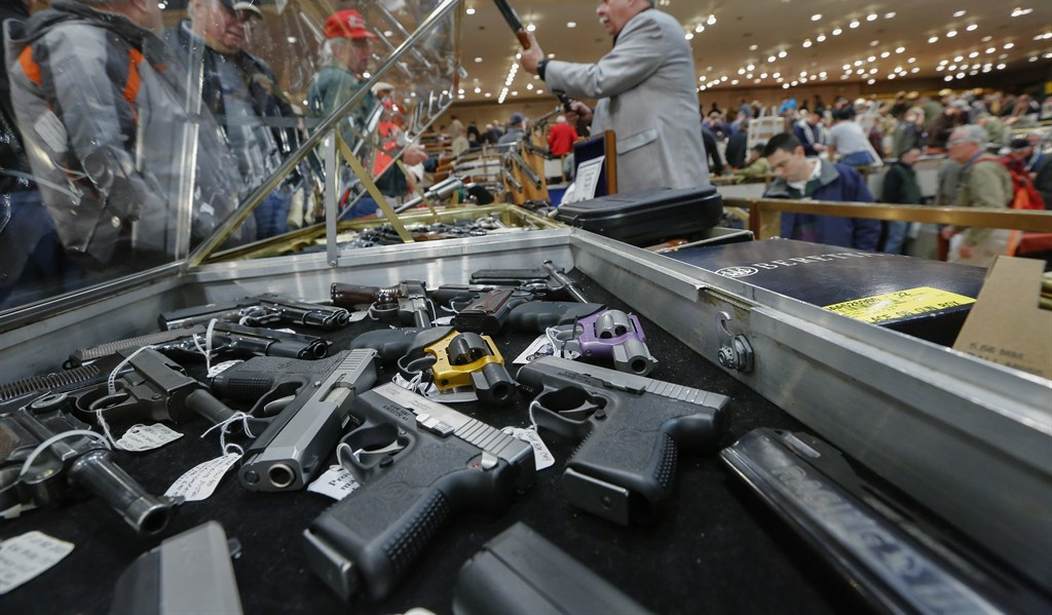

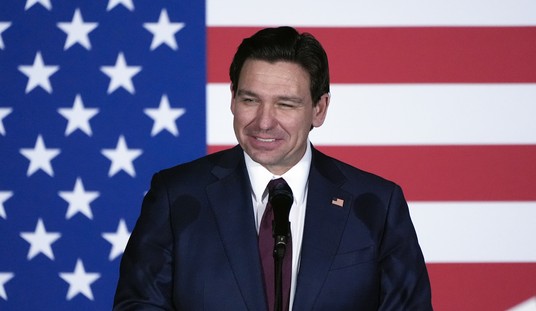

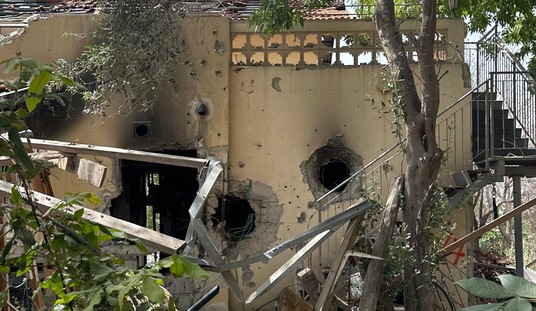

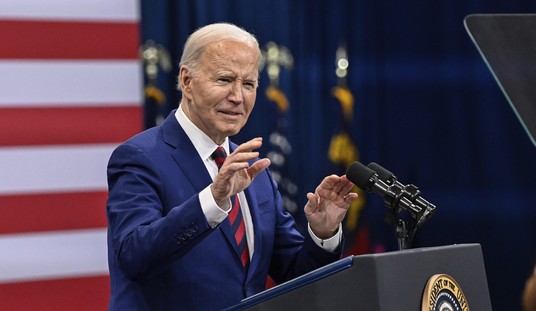
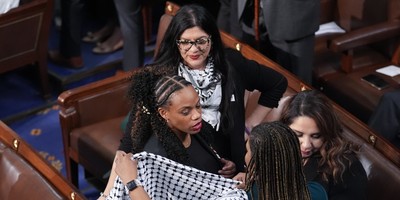
Join the conversation as a VIP Member